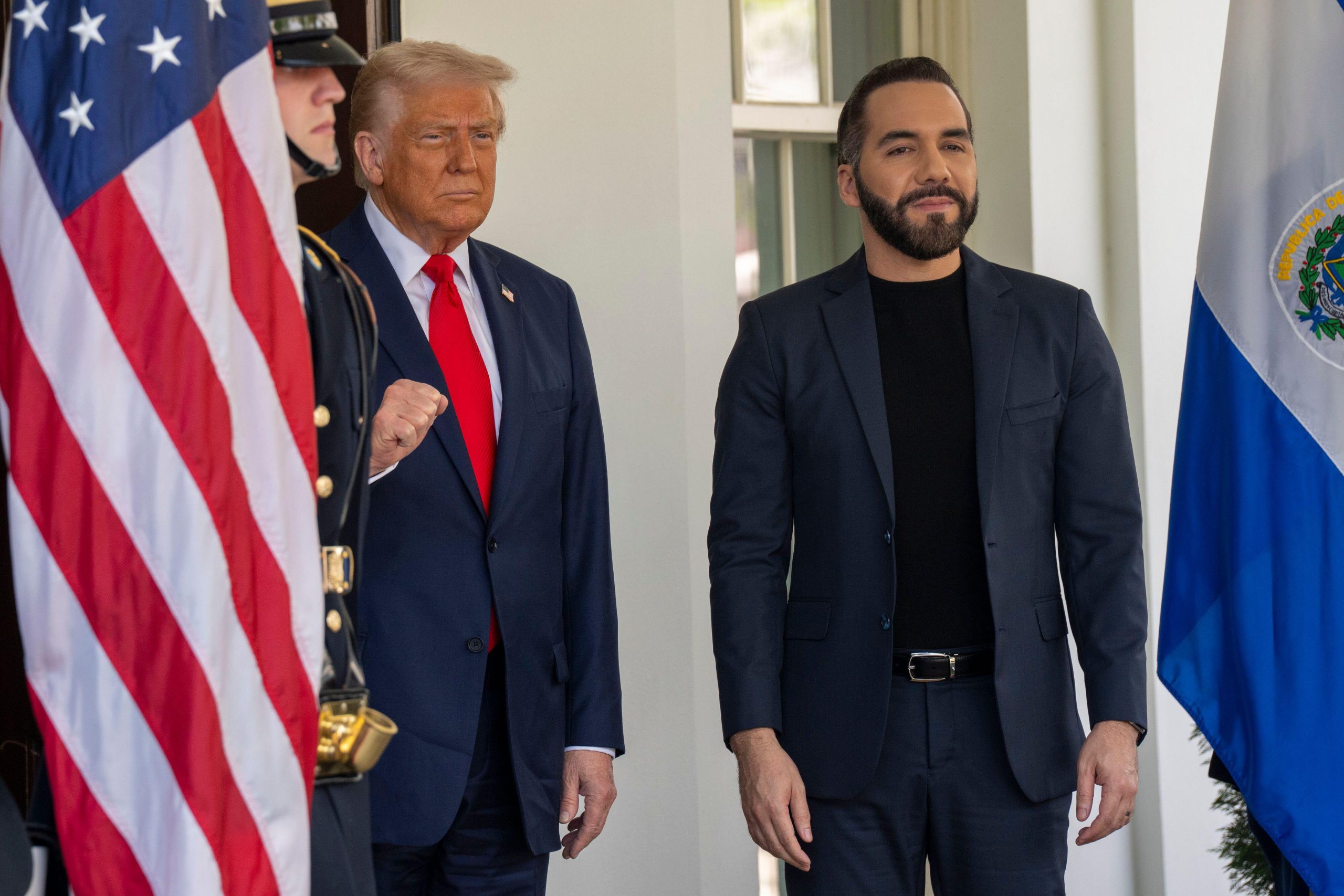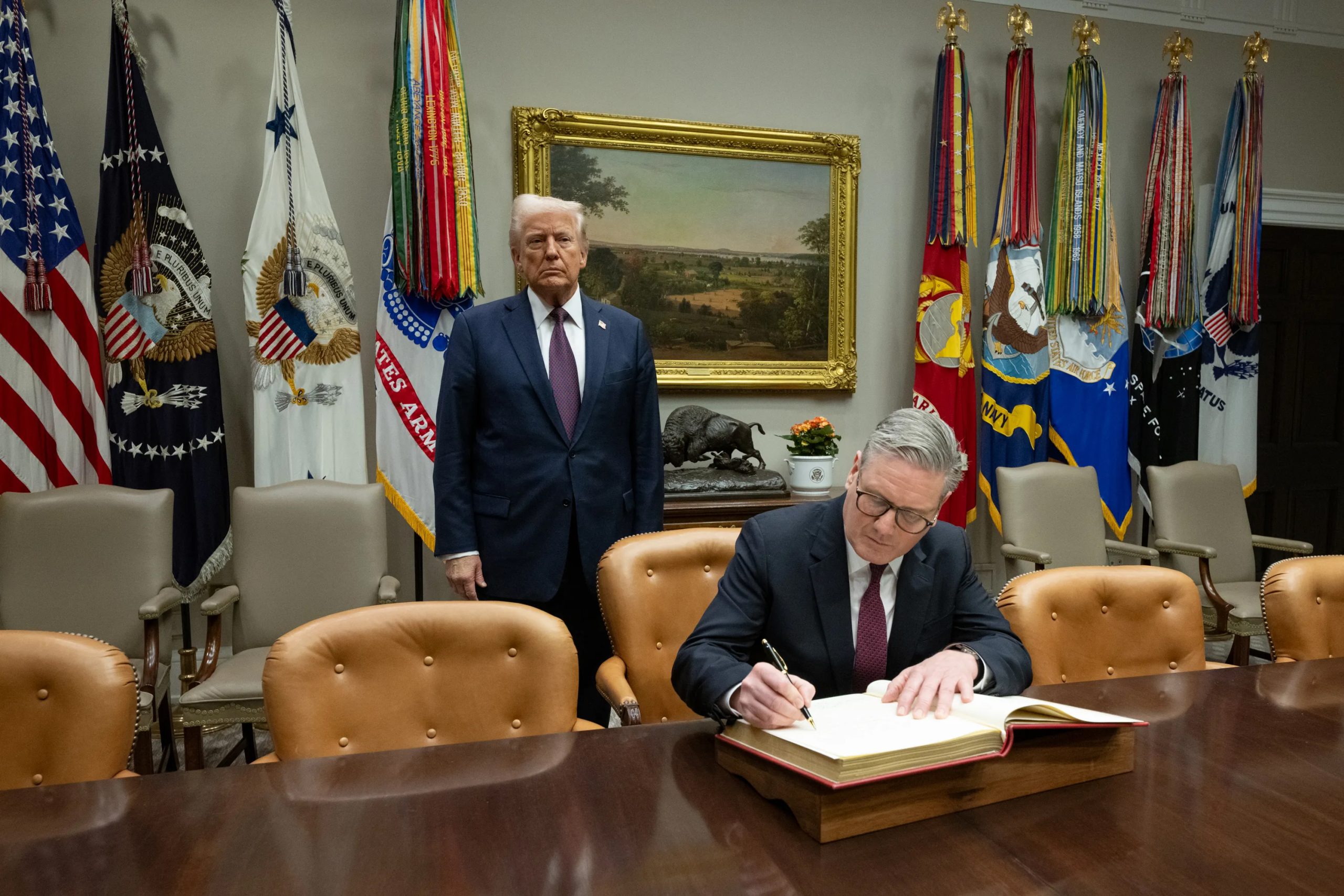This week, the global conversation was dominated by one word: tariffs. China was no exception, but not all conversations were allowed to unfold freely. On major Chinese social media platforms, searches for “tariff” and “104” (a numeric stand-in) led to dead ends, error messages or vanishing posts. It wasn’t silence across the board, though. Some conversations weren’t just permitted, they were actively promoted. State broadcaster CCTV pushed a hashtag that quickly went viral: #UShastradewarandaneggshortage. Meanwhile, posts encouraging Chinese alternatives to US goods saw a notable boost from platform algorithms.
To outsiders, this patchwork of censorship versus amplification might seem chaotic or contradictory. In reality, it follows a clear, strategic logic. China’s censorship system is built on a few core principles: block anything that goes viral and paints the government in a bad light, suppress content that risks sparking public anger or social unrest, and amplify posts that reflect well on the nation or state. At its heart, it’s about control – of the message, the momentum and the mood. “Saving face” isn’t just cultural etiquette in China, it’s political strategy.
Curiously, this is not only a top-down game. A significant driver of online sentiment today is cyber nationalism, a fast-growing trend where patriotic fervour, often fuelled by influencers, bloggers and grassroots communities, aligns with state objectives. Cyber nationalism is both tolerated and profitable. Pro-nationalist influencers can rake in millions in ad revenue and merchandise sales. The state, in turn, benefits from a wave of popular support that looks organic, and is, to a degree. But there are limits. These nationalist fires are only allowed to burn within a safe perimeter.
When it comes to the trade war, China’s censors are turning “crisis” into “opportunity”, wrote Manya Koetse on What’s On Weibo. Unless there’s a u-turn, the outlook for many Chinese people could darken – except if you’re employed as part of the booming censorship industry. That said, even there job security isn’t guaranteed: in another example of politics aligning with profit, online censorship is increasingly automated through AI. So while Washington and Beijing trade blows, China’s digital censors are aiding the government line – and scaling it too.
PS. if you want more on the inner workings of Chinese censors, read this excellent article from two years ago about how local TV stations air stories on government corruption in a way that ultimately benefits the government.






